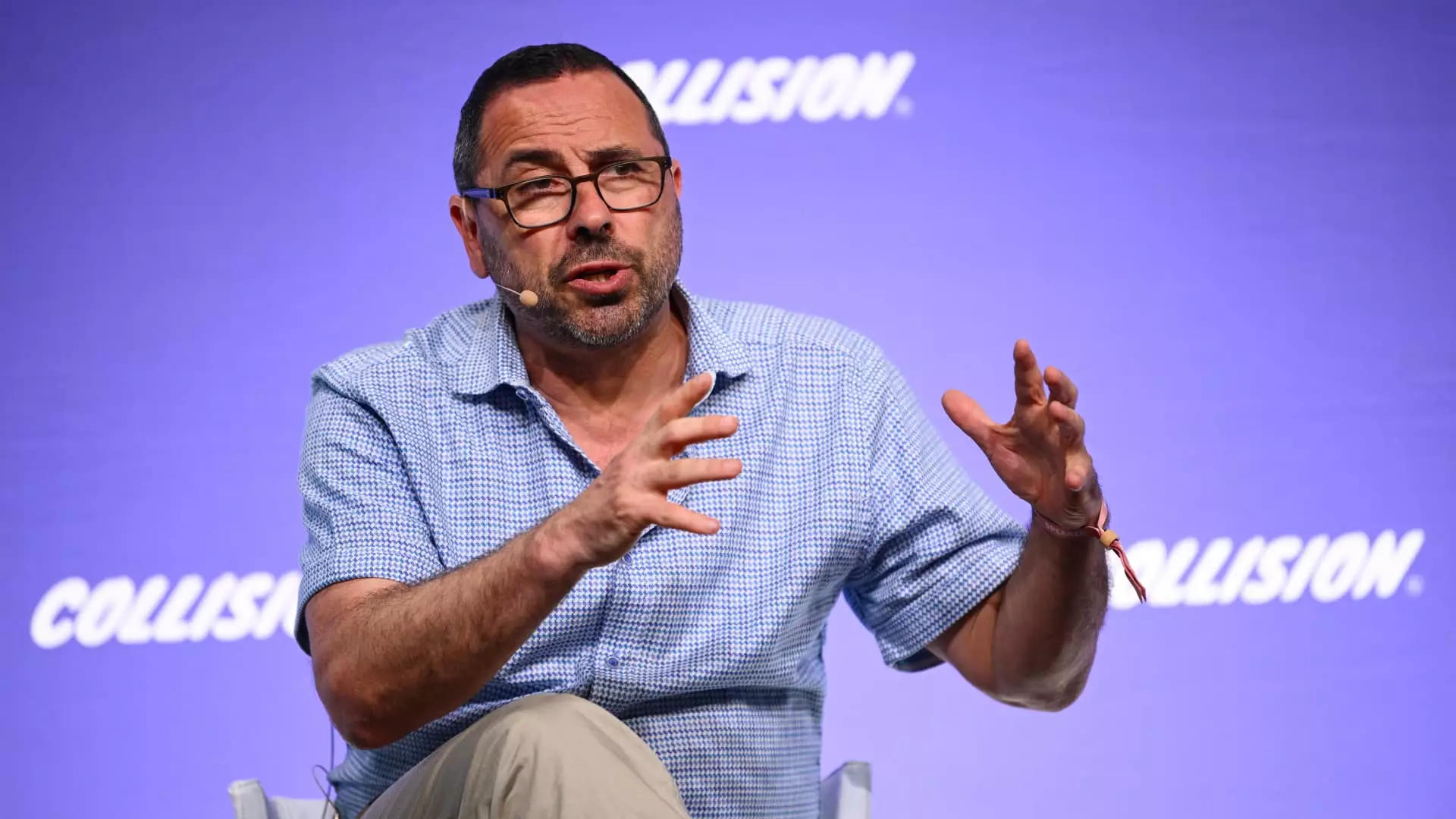Cerebras Systems is positioning itself to be a significant contender in the tech IPO sector, aiming to be the first venture-backed company to go public in the United States since the earlier months of 2023. With momentum largely driven by Nvidia’s soaring market valuation, currently at an impressive $3.3 trillion, the company seeks to capitalize on the increasing investor appetite for AI infrastructure. However, Cerebras faces considerable hurdles on its path to an IPO, primarily its over-reliance on a singular customer based in the Middle East, an issue that poses potential risks to its proposed valuation of around $8 billion.
Founded in 2016 in Sunnyvale, California, Cerebras made headlines in 2019 by introducing its first AI chip. The company asserts that its latest processor outperforms Nvidia’s GPUs in training extensive language models, an essential application in the flourishing AI field. A remarkable year for the company saw its revenues surge to $78.7 million in 2023, more than tripling from the previous year. As of the first half of 2024, revenue reportedly climbed to $136.4 million, bolstering optimism regarding significant forthcoming growth due to signed agreements totaling $1.43 billion. Yet, behind these encouraging figures lay a critical dependency on one key client.
The most prominent concern in Cerebras’ financial prospects is its high customer concentration risk. In the first half of 2024, a staggering 87% of the company’s revenue was tied to G42, a company in Abu Dhabi, UAE, which is backed by Microsoft. G42’s substantial commitment of $1.43 billion showcases its confidence in Cerebras’s technology, but it also indicates a precarious business model. If unforeseen circumstances were to arise with G42, Cerebras would find itself in a vulnerable position.
Compounding this issue is G42’s potential to increase its stake in Cerebras significantly, which requires clearance from the Treasury Department’s Committee on Foreign Investment in the U.S. (CFIUS). This regulatory hurdle brings its own set of uncertainties and risks, creating a precarious situation that investors may find daunting. In fact, rumors suggest that Cerebras may need to delay its IPO as national security concerns around G42 are being reviewed, especially given G42’s past connections with China, which have sparked concerns within the U.S. government. The significant importance of a single client underscores the fragility of Cerebras’s business foundation.
The absence of established tech investment banks such as Goldman Sachs and Morgan Stanley from Cerebras’ IPO process raises additional red flags for potential investors. These institutions usually lead high-profile tech IPOs, and their lack of involvement suggests a wariness about the investment risks associated with Cerebras, particularly regarding its client dependency and concerns surrounding foreign investment.
Instead, the IPO is being led by Citigroup and Barclays, which, while substantial global banks, do not traditionally take the helm on high-stakes tech IPOs. This strategic choice may create skepticism, as fewer market influencers endorse the IPO. Cerebras’s association with BDO as its auditing firm further complicates matters, given that this firm lacks the prestige and reliability typically associated with the Big Four accounting firms.
Furthermore, the company’s CEO, Andrew Feldman, has a controversial history marked by a guilty plea for circumventing accounting controls at a prior firm. This raises further concerns about governance practices within Cerebras, putting the credibility of its operations under scrutiny.
Despite these challenges, the technological advancements at Cerebras remain impressive. The company touts its WSE-3 chip as “the fastest AI processor on Earth,” featuring four trillion transistors. While financial indicators point toward losses, the company is on the verge of breakeven on an operating basis, excluding stock-based compensation expenses. This suggests that if Cerebras can stabilize its customer base and overcome regulatory hurdles, there might be a promising future ahead.
The excitement surrounding AI and advanced computational frameworks continues to permeate investment circles. With significant players like Nvidia maintaining a dominating position in the AI infrastructure market, opportunities still exist for niche competitors like Cerebras. Individual investors like Jim Fitch—eager for an early investment opportunity—represent a demographic that remains hopeful about the potential for Cerebras to leverage its technology effectively in a landscape dominated by AI innovations.
Cerebras represents a compelling case study of ambition, risk, and opportunity within the tumultuous waters of tech IPOs. While its revolutionary technology could pave the way for success, the company must carefully navigate fiscal vulnerabilities and external perceptions before embarking on a successful public offering. The journey ahead will require resilience and strategic foresight to capitalize on the undeniably escalating demand for AI solutions.

